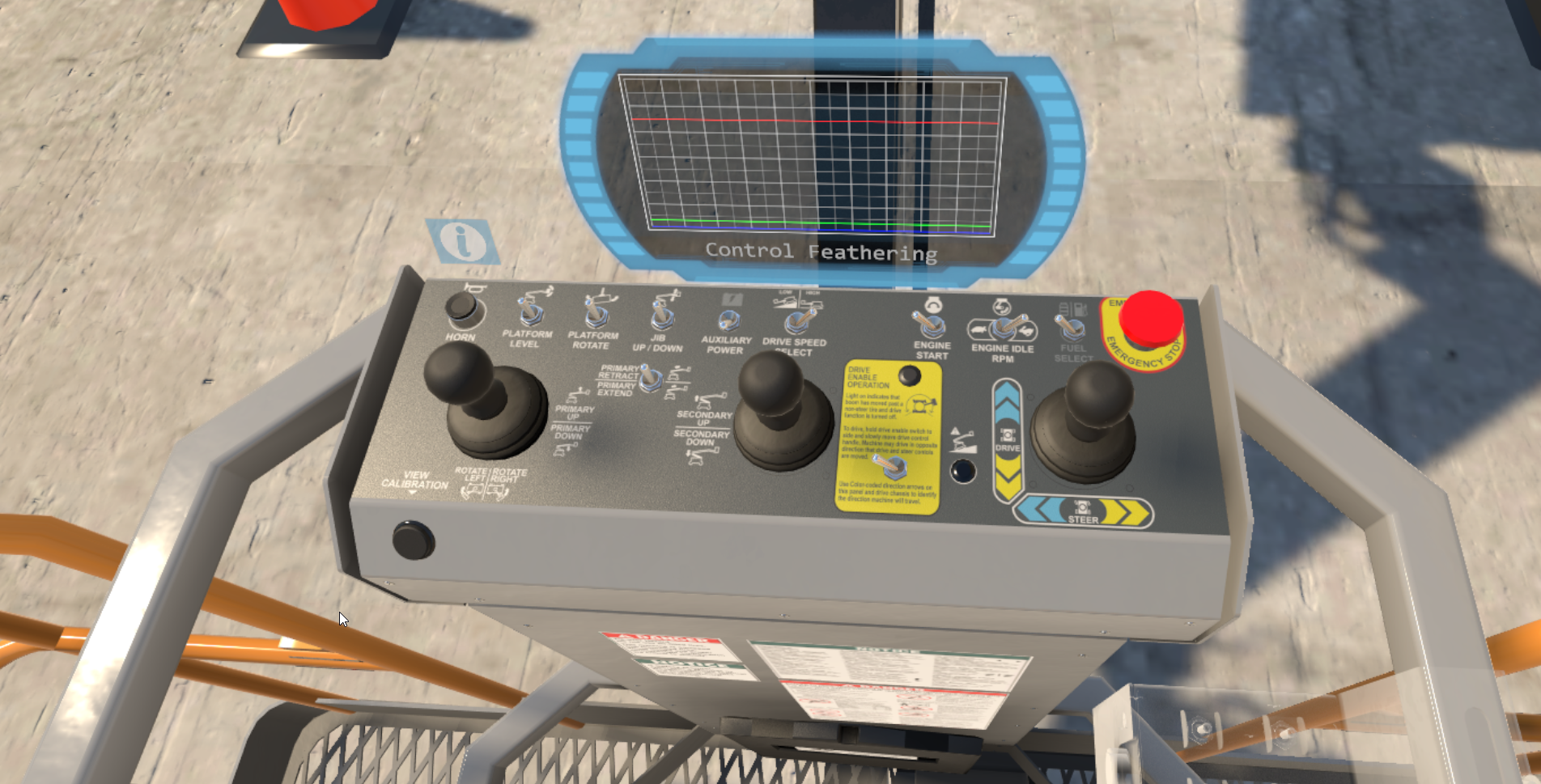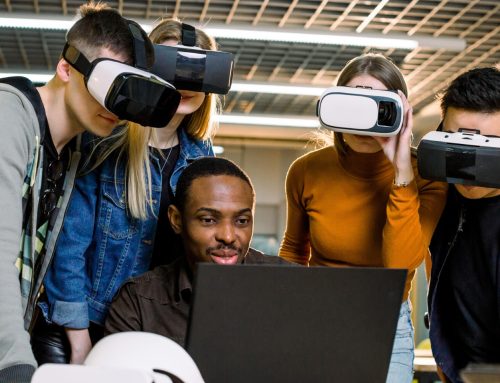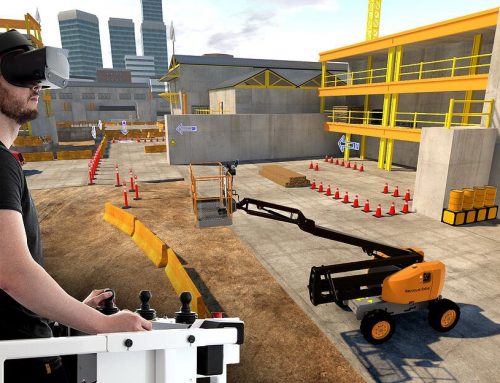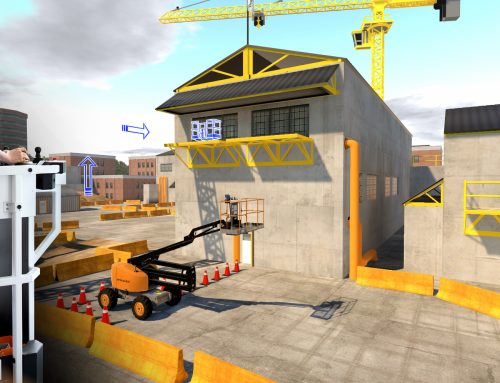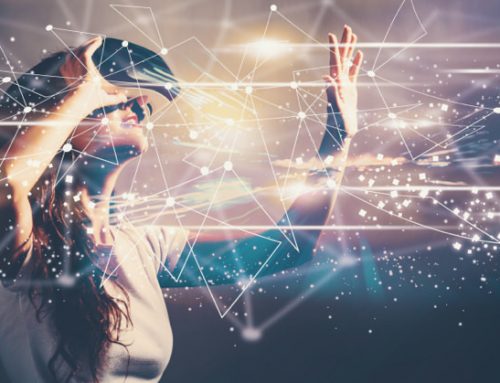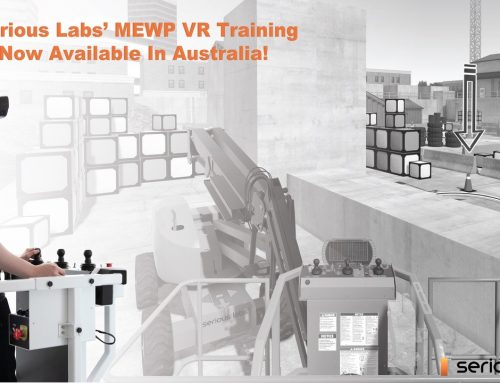Serious advances Jim Colvin, the CEO of Serious Labs, which has been the primary provider of IPAF’s VR offerings, sees great potential. “The new realities of Covid-19 will drive more virtual training in a controlled environment. Because of this, there will be a trend towards not only training but renewals of training in virtual environments as it is more readily available.”
PAL+ training, which can be completed for the first time on a VR simulator, will also renew a PAL Card holder’s license for another five years. Colvin believes we will begin to see a faster changeover from classroom training to virtual training due to the pandemic. Prior to Covid-19, industrial, and engineering training applications in the VR market were expected to reach $3.8 billion by 2023. “I believe the impact of Covid-19 on traditional classroom training and group instruction will accelerate this adoption, including in the access industry. “Eventually, some form of a VR headset will be as common as a standard issued laptop and cellphone when an employee is being onboarded regardless of the industry. You’ll just download whatever course you’re supposed to be taking into the headset, and then you’ll take it. “You can watch him actually taking it from inside the programme, and you can see how he scored and where he may need to improve. Why would we ever go back to a system of classroom training?”
Apart from its work with IPAF, Serious Labs has a range of new offerings, announced in the first quarter of this year. A new airline module for airline maintenance crews, who operate MEWPs, provides advanced training through a simulator that tests the operator’s precise positioning and placement of the equipment near challenging curved structures. The 23 task-based scenarios allow the operator to increase risk awareness while developing the operational skills needed to position the MEWP within inches of the aircraft.
And, at ConExpo in March this year, the company announced its Universal Motion Base (UMB) for seated VR heavy equipment simulators. The UMB was designed as a common foundation for the development of VR equipment simulators such as skid steers, dozers, excavators, backhoes, etc., – as well as for vehicles such as buses and trucks. The UMB comes standard with an operator’s seat, a custom-tuned D-Box actuator system for motion-feedback, and a slidelock attachment system which is focused on operator comfort during equipment training.
The company is making other major strides too, with US-based chemical company Dow Chemical on the new Serious: XR training platform. The new Extended Reality (XR) collaborative platform is designed to train and assess remote workers for plant, industrial and other types of worksite operations. It allows trainees to conduct practical and emergency operations in a safe environment, while building and assessing employee safety, efficiency, and proficiency.
As Colvin concludes the future is open for such technology. “In the future, VR could potentially allow for the remote operation of equipment in a remote environment. There is also potential for it to be used more for planning and development, using the equipment to plan out scenarios or work product- before physically carrying out the work.” He adds, “There is also excellent news on the horizon about self-accreditation and our work with IPAF.”
To view the original article, click here: https://bit.ly/3ekaZAl

